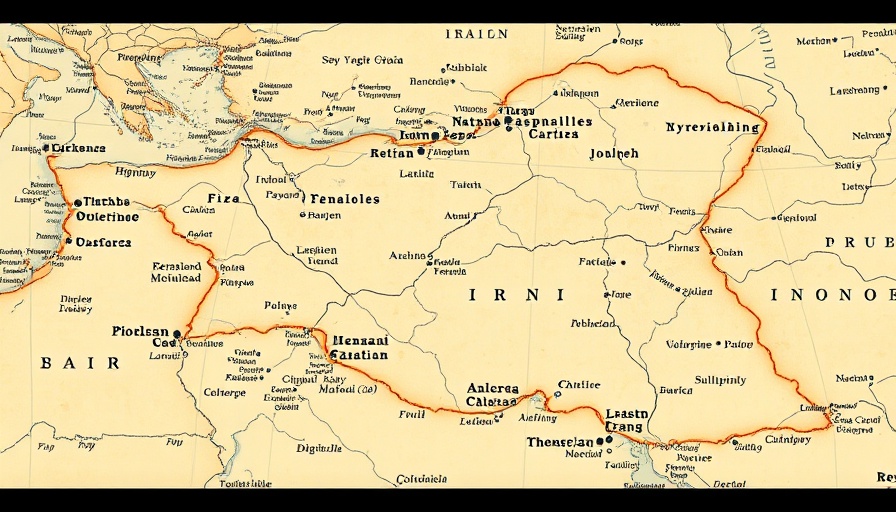
The Diplomatic Shuffle: Witkoff at the Helm in Iran
In a strategic move unfolding in the turbulent landscape of Middle Eastern politics, President Donald Trump is anticipated to appoint Steve Witkoff as the chief negotiator for U.S. diplomacy with Iran. This decision comes during a period marked by increasing tensions surrounding Iran’s nuclear capabilities and broader regional instability. Witkoff, who gained recognition for his effective mediation during the Gaza ceasefire, embodies a pragmatic approach that prioritizes dialogue over military confrontation.
The Stakes: U.S. Diplomacy in the Middle East
As the U.S. grapples with its foreign policy in a region fraught with complexities, Witkoff's role could symbolize a shift towards a more diplomatic strategy. By emphasizing negotiations to secure a nuclear deal with Iran, the Trump administration seems intent on preventing potential military conflicts. Such a commitment may resonate particularly with the middle-class demographic who prefer peaceful resolutions over escalated hostilities.
The Balance of Power: Ensuring Regional Stability
This new path seeks not only to avert war but also aims to stabilize a region that has been volatile for decades. Witkoff's selection could be a tactical response to balancing Iran's nuclear ambitions while maintaining peace amongst U.S. allies in the region. For professionals and retirees keenly interested in global affairs, this development signals a cautious optimism for de-escalation.
Conclusion: A Time for Hope
Witkoff's appointment offers a glimmer of hope for a fresh approach to American foreign policy in the Middle East. With negotiations on the horizon, many await to see if dialogue will prevail over conflict, a scenario that could bring about both national and global benefits.
 Add Row
Add Row  Add
Add 




 Add Row
Add Row  Add
Add 



Write A Comment